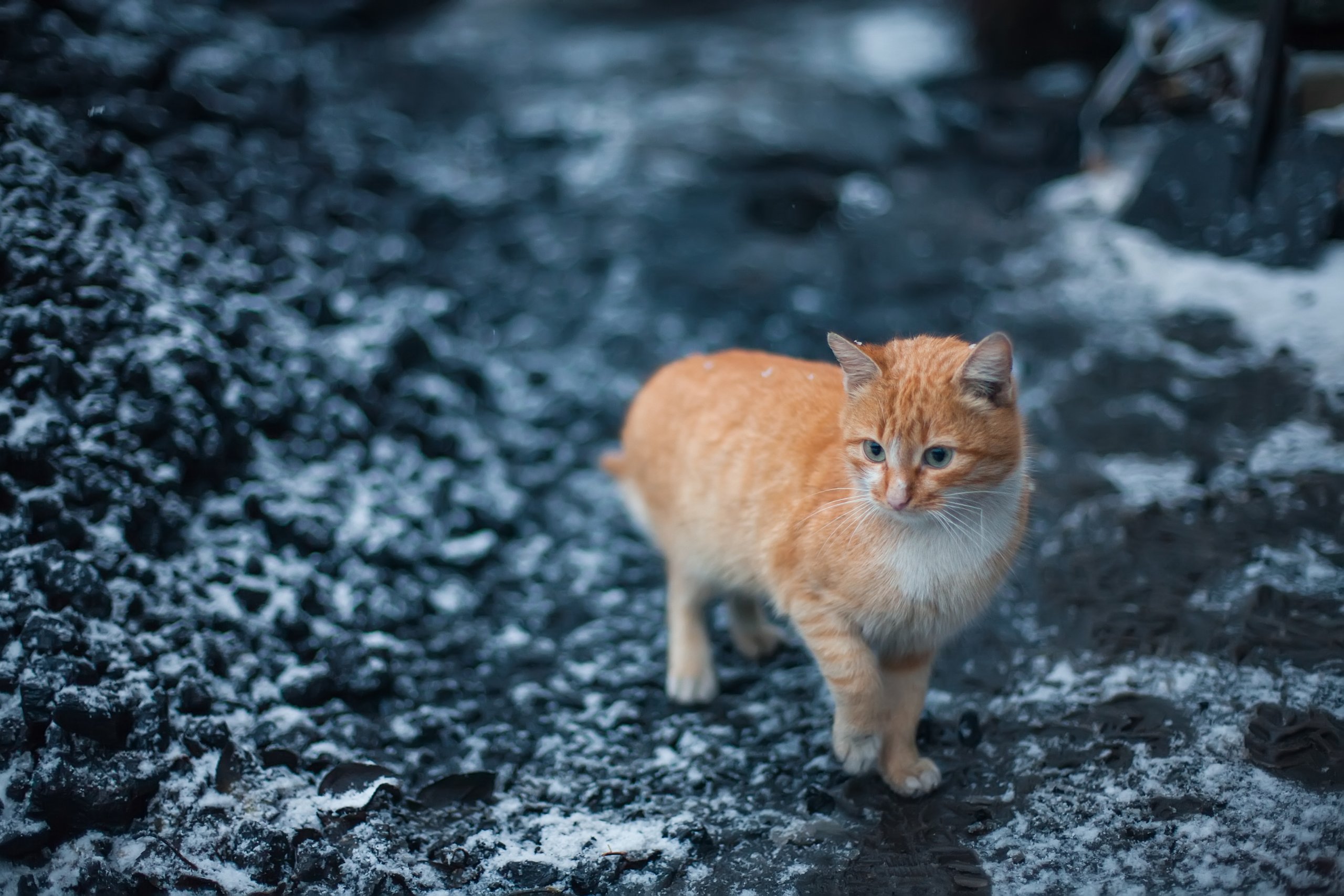Blame Humans For Coronavirus Crisis, Not Animals, Says U.N Environment Boss

Executive Director of the United Nations Environment Programme Inger Andersen says the loss of wild animal environments is a major contributing factor in the coronavirus crisis.
The ever-increasing contact between wild animals and humans is proving to be a lethal cocktail in the spread of deadly diseases.
Global heating and the desecration of the natural world for farming, mining, and housing is causing animal habitats to shrink. Its driving animals into closer contact with people.
“Never before have so many opportunities existed for pathogens to pass from wild and domestic animals to people,” Andersen said in an interview with the Guardian.
Read more: Wild Animals Are Being Spotted Braving City Streets
Along with the destruction of wild animals’ natural habitat, live animal markets are another big problem.
The origin of the coronavirus is widely believed to be from bats in an animal market in Wuhan, China.
Animal stress increases the problem
Andrew Cunningham, Professor of Wildlife Epidemiology at the Zoological Society of London, has no doubt that humans are to blame.
“The underlying causes of zoonotic spillover from bats or from other wild species have almost always – always – been shown to be human behavior,” he told CNN. “Human activities are causing this.
“It would allow infections to increase and to be excreted to be shed,” he explained. “You can think of it like if people are stressed and have the cold sore virus, they will get a cold sore. That is the virus being ‘expressed.’ This can happen in bats too.”
Cunningham went on to say that the “culture of eating exotic mammals in southern China, is a timebomb.”
Coronavirus crisis warning signs were there
In the past couple of decades, there has been an increasing number of new diseases.
Ebola, Sars, bird flu, Mers, Zika virus, Rift Valley fever and the West Nile virus are some of the diseases which have jumped from animals to humans.
Nature sending a message
As Global warming increases, environmental disasters are commonplace, such as the recent Australian wildfires and locust invasions in Kenya.
And as the population rises, there is the potential for things to only get worse.
A new approach, a ‘reset’ as many people have been calling for, is surely needed.
“Nature is sending us a message,” Anderson said.
“There are too many pressures at the same time on our natural systems and something has to give.
“If we don’t take care of nature, we can’t take care of ourselves. And as we hurtle towards a population of 10 billion people on this planet, we need to go into this future armed with nature as our strongest ally.”
Change is our only hope
Previous diseases such as Sars and Ebola did not spread as potently as the coronavirus, which has left a large portion of the world under lockdown. It has also sent the global economy crashing.
“We cannot go back to business as usual,” Cunningham warned.
“Our long-term response must tackle habitat and biodiversity loss,” Anderson pleaded.
IMAGE FEATURED: ryzhkovoleksandr
Leave Comment: